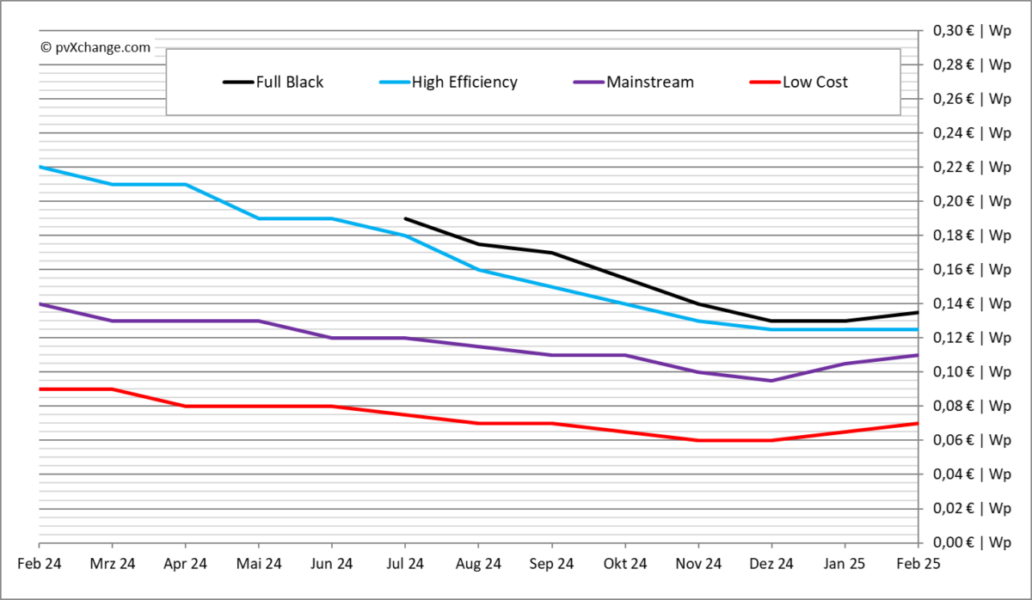From pv magazine USA.
While Tesla chief executive Elon Musk has attempted to play down the impact of the Covid-19 pandemic – two weeks ago he tweeted: “The coronavirus panic is dumb” – the electric carmaker’s battery partner, Panasonic, announced plans to pause operations at the Tesla plant near Reno, Nevada.
COVID-19
Panasonic said it would send home around 3,500 Reno factory workers for two weeks from early this week – with pay and benefits – according to The Reno Gazette-Journal newspaper. The move affects the battery line. Tesla workers at the Reno site will continue to build power trains for the Model 3 car for the time being.
The development came after the companies last month scrapped their solar cell production partnership, “after years of struggling to ramp up output at the Gigafactory 2 in upstate New York”.
Lockdown
While Tesla’s Musk has been reluctant to suspend operations in California, including stating he would continue working in Fremont, the state is under lockdown, with car manufacturing not considered an essential service. Tesla was due to pause work at the Fremont, California factory after today.
“We have decided to temporarily suspend production at our factory in Fremont, from end of day March 23, which will allow an orderly shutdown,” stated the company. “Basic operations will continue in order to support our vehicle and energy service operations and charging infrastructure … Our factory in New York will temporarily suspend production as well, except for those parts and supplies necessary for service, infrastructure and critical supply chains. Operations of our other facilities will continue, including Nevada and our service and supercharging network.”
Musk said, in recent release notes: “In many locations, we are in the process of implementing ‘touchless deliveries’ so customers can continue to take delivery of their vehicle in a seamless and safe way.” He attempted to reassure investors by adding: “Our cash position at the end of Q4, 2019 was $6.3 billion before our recent $2.3 billion capital raise. We believe this level of liquidity is sufficient to successfully navigate an extended period of uncertainty. At the end of Q4, 2019, we had available credit lines worth approximately $3 billion, including working capital lines for all regions as well as financing for the expansion of our Shanghai factory.”
This content is protected by copyright and may not be reused. If you want to cooperate with us and would like to reuse some of our content, please contact: editors@pv-magazine.com.




By submitting this form you agree to pv magazine using your data for the purposes of publishing your comment.
Your personal data will only be disclosed or otherwise transmitted to third parties for the purposes of spam filtering or if this is necessary for technical maintenance of the website. Any other transfer to third parties will not take place unless this is justified on the basis of applicable data protection regulations or if pv magazine is legally obliged to do so.
You may revoke this consent at any time with effect for the future, in which case your personal data will be deleted immediately. Otherwise, your data will be deleted if pv magazine has processed your request or the purpose of data storage is fulfilled.
Further information on data privacy can be found in our Data Protection Policy.